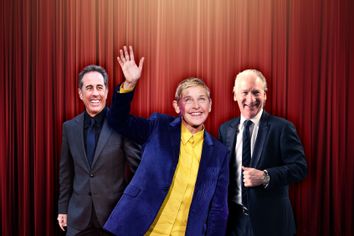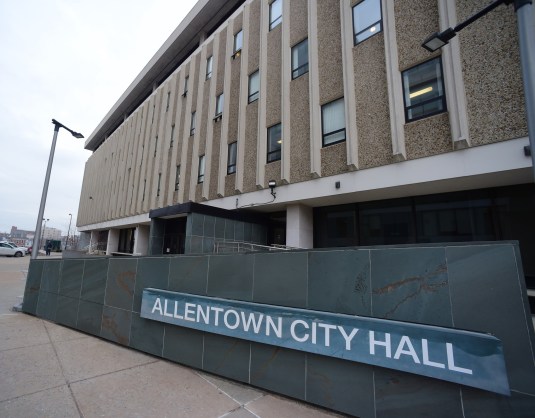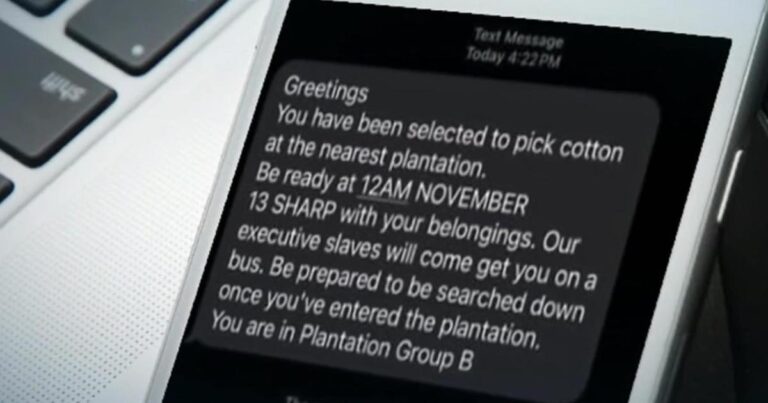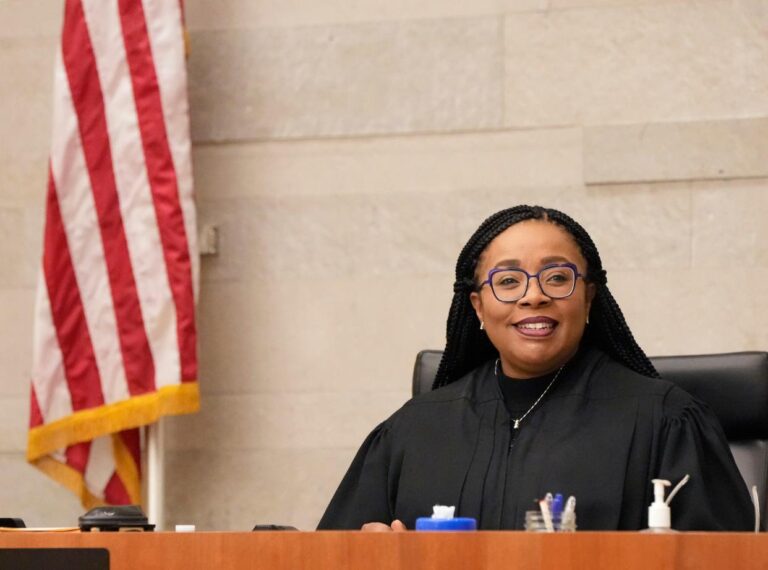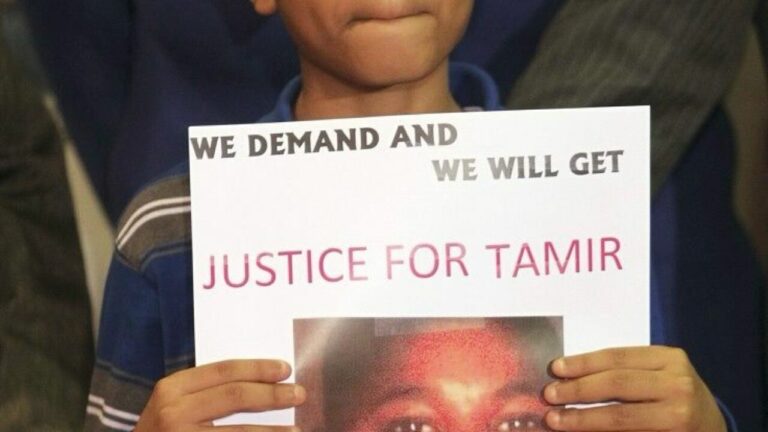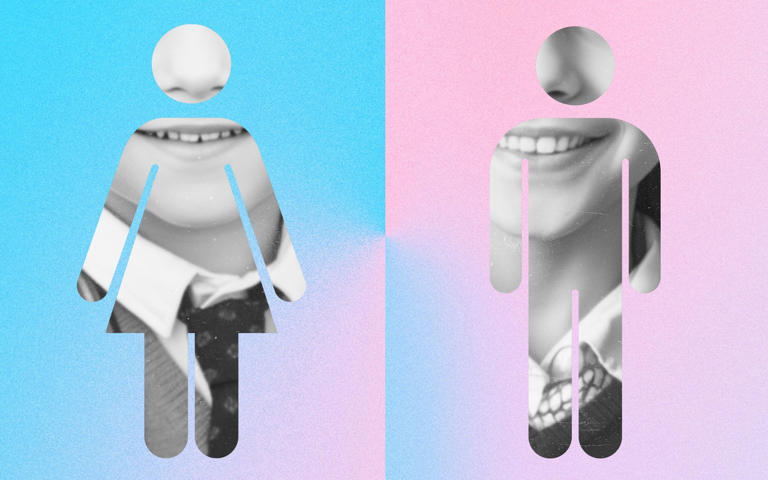Comedians and Cancel Culture: Navigating Today’s Comedy Landscape
Comedy and Cancel Culture: Finding Balance in Humor
Navigating the world of comedy today feels akin to walking a tightrope in a high-wire act while juggling flaming torches. With the rise of cancel culture, comedians are increasingly finding their acts scrutinized under a magnifying glass. But what does this mean for the art of comedy? Are we witnessing a renaissance in thoughtfulness and awareness, or are comedians being stifled? Let’s dive into the whirlwind of laughter, sensitivities, and social norms that frame today’s comedy landscape.
Understanding Cancel Culture
Before we leap into the world of stand-up and sketches, let’s define the elephant in the room—cancel culture. This phenomenon refers to the collective public shaming and boycotting of individuals (or entities) who say or do things deemed offensive or harmful. It often plays out on social media, where outrage spreads faster than you can say “punchline.”
What Really Happens?
When a comedian cracks a joke that misses the mark, they may find themselves facing backlash from fans or even the broader public. In extreme cases, this could lead to loss of gigs, brand sponsorships, and a tarnished reputation that’s hard to shake off. Consider it like falling into a pool of piranhas; once the feeding frenzy starts, it’s not easy to swim back to safety.
The Role of Comedians in Society
Historically, comedians have often served as the societal mirrors, reflecting both the absurdities and harsh realities of life. They bring humor to dark subjects, touch on taboo topics, and provoke discussions that might otherwise go unaddressed. Think of stand-up as a form of social commentary wrapped in a punchy one-liner.
But here’s the kicker: comedy has always thrived on pushing boundaries. The nature of humor often relies on being unexpected, irreverent, and sometimes controversial. So, how do comedians navigate this tightrope walk in today’s climate?
Comedians Responding to Cancel Culture
Some comedians have openly embraced the challenge. They’ve adapted their material, becoming more conscious of their jokes and the impact they may have. Others, however, push back against perceived censorship, arguing for their right to make jokes unhindered by the fear of backlash.
A Tale of Two Approaches
Think of it like this:
-
The Adaptors: These comics use cancel culture as an opportunity to grow. They are keenly aware of societal changes and choose to tailor their material to engage positively with audiences. Instead of using outdated tropes or harmful stereotypes, they aim for humor that fosters inclusivity and broader understanding.
-
The Defiants: On the flip side, these comedians see cancellation as a threat to free speech. They may dive into controversial subjects intentionally, believing that pushing those boundaries contributes to their artistic expression. It’s like standing at a bonfire and tossing in more kindling; they are intentionally escalating the heat, refusing to be silenced.
Case Studies in Comedy
Let’s take a moment to reflect on a few high-profile examples that illustrate these approaches.
-
Dave Chappelle: His specials have often stirred the pot, with many viewing his jokes as sharp social commentary, while others label them offensive. Chappelle has faced significant backlash yet maintains a loyal following, arguing that comedy should embrace uncomfortable truths.
-
Ali Wong: In contrast, Wong’s style leans towards relatable humor about her experiences as a mother and a woman of color, which showcases how adaptability within comedy can still resonate deeply with audiences without raising too many eyebrows.
Each of these approaches can yield varied results, demonstrating that there’s not a one-size-fits-all solution to navigating comedy in the era of cancel culture. It’s a complex dance between self-expression and audience reaction.
The Audience’s Role in Comedy
Let’s not forget that audiences play a massive role in shaping comedy! Today’s comedians perform on platforms that foster immediate feedback—think social media, where tweets and comments can make or break a set faster than you can say “stand-up.”
Audience Reaction
The impact of audience responses is palpable. When a comedian tells a joke, they don’t just perform—they engage in a dialogue. In some sense, audience expectations dictate the flow of comedy. A punchline that sent viewers into stitches a decade ago might now trigger outrage.
It’s crucial for comedians to gauge the mood of their audience—are they laughing or tensing up? Comedians must adapt their performances to match audience expectations while still holding onto their unique comedic voice.
Humor as a Social Tool
Ironically, humor can be a powerful tool for discussing difficult subjects. It can bridge divides, spark conversations, and sometimes even challenge the status quo.
Comedy as Catharsis
Many people use humor as a coping mechanism, a way to process their emotions and make sense of chaos. It’s as if laughter offers a fleeting escape from reality, transforming anxiety into amusement. So, when comedians approach sensitive topics with tact and wit, they have the potential to create a shared understanding and healing space.
What Lies Ahead for Comedy in a Cancel Culture Era?
As we press forward, what does the future hold for comedy? There’s no crystal ball, but it’s evident that the landscape is evolving.
Possible Avenues
-
Increased Awareness: Expect comedians to foster a greater awareness of cultural sensitivities while retaining their humor. Many are exploring nuanced storytelling that encourages empathy without sacrificing punchlines.
-
Diverse Voices: We’ll likely see a rise in diverse comedians who can offer fresh perspectives and challenge conventional comedic narratives. More varied backgrounds in comedy can lead to a broader understanding of humor, enriching the comedic landscape.
-
New Platforms: Comedians are also branching out. With the rise of podcasting and streaming services, there are more avenues for expression that allow for deeper dives into subjects that traditional stand-up might not accommodate.
- Navigating Accountability: Ultimately, we may find comedians who can walk the fine line between accountability and humor, maintaining vibrant comic voices while acknowledging the repercussions of their words.
Conclusion
In the grand tapestry of comedy, the threads of cancel culture are intricately woven. It’s a fascinating, albeit challenging, time for comedians. The balance between speaking one’s mind and respecting diverse audiences is delicate. As the world continues to evolve, so too will comedy adapt, bringing us fresh humor that can unite rather than divide.
Finding this balance is key—like seasoning a dish: too much of one ingredient can spoil the flavor, while just the right amount elevates it. Comedians will continue to test these bounds, experimenting and evolving their craft.
So, whether you’re a performer or a fan, buckle up; the comedy landscape is a wild ride that promises laughter, growth, and maybe some awkward moments along the way!
FAQs
1. What is cancel culture in the context of comedy?
Cancel culture involves public backlash against individuals, including comedians, for remarks or actions perceived as offensive or harmful. This can result in loss of opportunities, reputation, and social standing.
2. How should comedians navigate sensitive topics?
Comedians can navigate sensitive topics by being aware of their audience, using humor to promote understanding, and approaching subjects with empathy without losing their comedic voice.
3. Are all comedians affected equally by cancel culture?
No, not all comedians face equal repercussions. Factors such as popularity, audience demographics, and the context of their jokes can influence how they are perceived and reacted to by the public.
4. Can humor help in addressing serious issues?
Absolutely! Humor can be a powerful tool for discussing serious issues, allowing for catharsis and understanding while providing a platform for difficult conversations.
5. What does the future hold for comedy amid cancel culture?
The future of comedy may see more diverse voices, a growing awareness of cultural sensitivities, and new platforms for expression, fostering a comedy landscape that creatively engages with societal changes.

